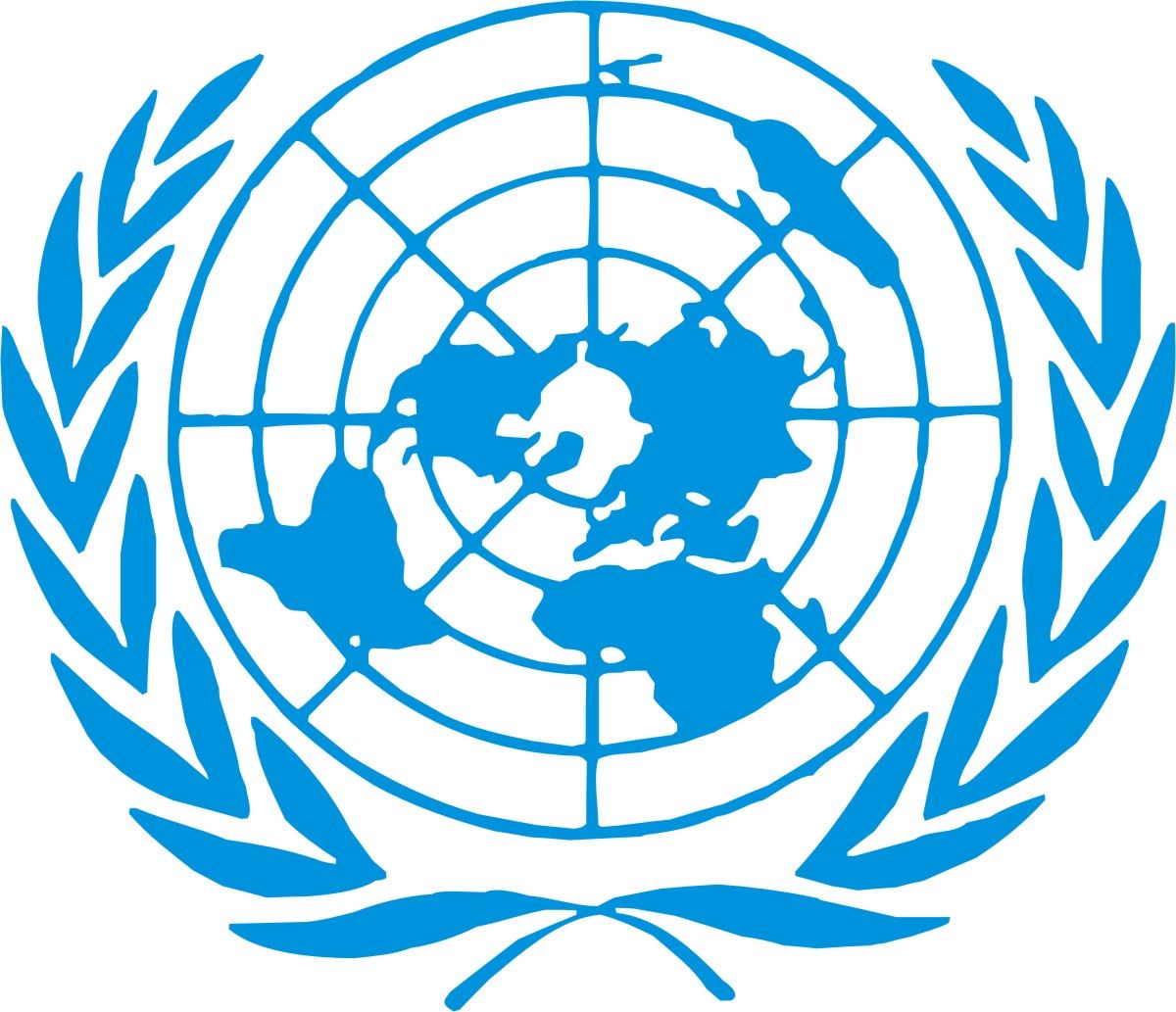Location
United Nations
The United Nations is an international organization founded in 1945. It is currently made up of 193 Member States. The mission and work of the United Nations are guided by the purposes and principles contained in its founding Charter.
Due to the powers vested in its Charter and its unique international character, the United Nations can take action on the issues confronting humanity in the 21st century, such as peace and security, climate change, sustainable development, human rights, disarmament, terrorism, humanitarian and health emergencies, gender equality, governance, food production, and more.
The UN also provides a forum for its members to express their views in the General Assembly, the Security Council, the Economic and Social Council, and other bodies and committees. By enabling dialogue between its members, and by hosting negotiations, the Organization has become a mechanism for governments to find areas of agreement and solve problems together.
The UN's Chief Administrative Officer is the Secretary-General.
Members:
Resources
Displaying 36 - 40 of 44Appui à la réforme de la gestion du foncier urbain
General
Le projet a pour objectif global de contribuer à améliorer la gouvernance foncière
Appui à la gestion foncière
General
Lancé depuis 2008 au Burundi et 2011 en RDC, le programme d’appui à la gestion foncière met le focus stratégique sur la sécurisation des droits en milieu rural ainsi que le développement et la mise en œuvre des politiques foncières en vue de garantir une meilleure gouvernance dans ce domaine et la réduction des conflits dans les communautés. Le focus portera sur le renforcement et l’extention des services fonciers, la reconnaissance des droits sur les terres rurales et l’amélioration du cadre légal et politique.
Towards Land Degradation Neutrality for Improved Equity, Sustainability, and Resilience
Objectives
Enhance climate-resilient food production and nutrition in productive landscapes through nature-based solutions in support of Cabo Verde’s voluntary LDN targets
Other
Note: Disbursement data provided is cumulative and covers disbursement made by the project Agency.
Target Groups
Degraded lands in Cabo Verde provide many important ecosystem goods and services. These lands provide not only economic benefits, but also social and environmental services. Global environmental benefits related to the establishment of an effective Land Degradation Neutrality system that balances gains and losses of productive land and supports resilient and productive landscapes with a mosaic of land uses and diverse livelihood opportunities will also generate socio-economic benefits for the local communities in the project targeted areas. These benefits include: ? Strengthening of value chains and improvement of market access for revenue and income generation, with improved employment opportunities for rural women and youth in particular; ? Improved food, nutritional and water security for vulnerable rural households that are often headed by women, strengthening their human rights to access to food and water; ? More resilient and equitable livelihoods for both women and men; ? Reduced risk (natural disasters, market volatility, access to information and finance) related to investing in value-chain development, restoration and SLM on degraded lands; and ? Improved access to finance for smallholders for investing in new business plans related to SLM for achieving LDN.
Sustainable livelihood of Indigenous People in Rattanakiri and Mondulkir Through Effective Land Management.
General
Sustainable livelihood of Indigenous People in Rattanakiri and Mondulkir Through Effective Land Management. -
Land Degradation Neutrality Fund
General
This Fund aims to restore 350,000 hectares of degraded land, create or support 70,000 jobs for vulnerable populations, and reduce or avoid 25 million tonnes of carbon dioxide equivalent in developing countries. This unconditionally repayable contribution will contribute to the Land Degradation Neutrality (LDN) Fund in Fiscal Year 2020/2021 for an amount of CAD$53.1 million The LDN Fund is a unique investment fund investing in profit-generating sustainable land management (SLM) and land restoration projects worldwide. The LDN Fund leverages private sector finance to provide debt and equity to small and mid-sized companies working in sustainable agriculture, forestry and other LDN related sectors like green infrastructure and ecotourism. Through these investments, the Fund contributes to achieving land degradation neutrality and climate resilience while improving the physical, social and economic wellbeing of marginalized and vulnerable populations, particularly women and girls. Canada’s contribution to the Fund also leverages additional private sector investment in sustainable land management demonstrating the viability of this type of blended finance model to support the Sustainable Development Goals. Project activities include: (1) developing and delivering training on gender-sensitive in Sustainable Land Managemant techniques for smallholder farmers, including women; (2) providing suitable financing tailored to each project and its final beneficiaries for high-impact projects; (3) tracking and recoding additional private sector investment in developing countries; and (4) supporting gender equality in Land Degradation Neutrality interventions.


